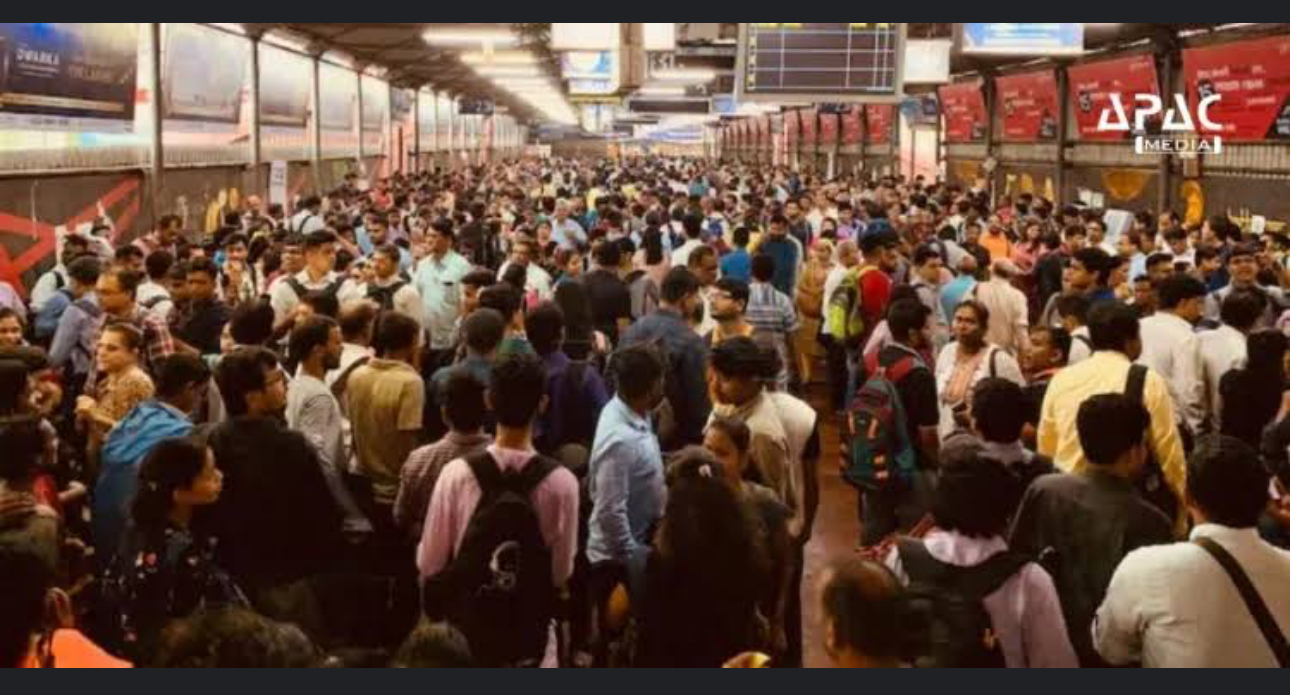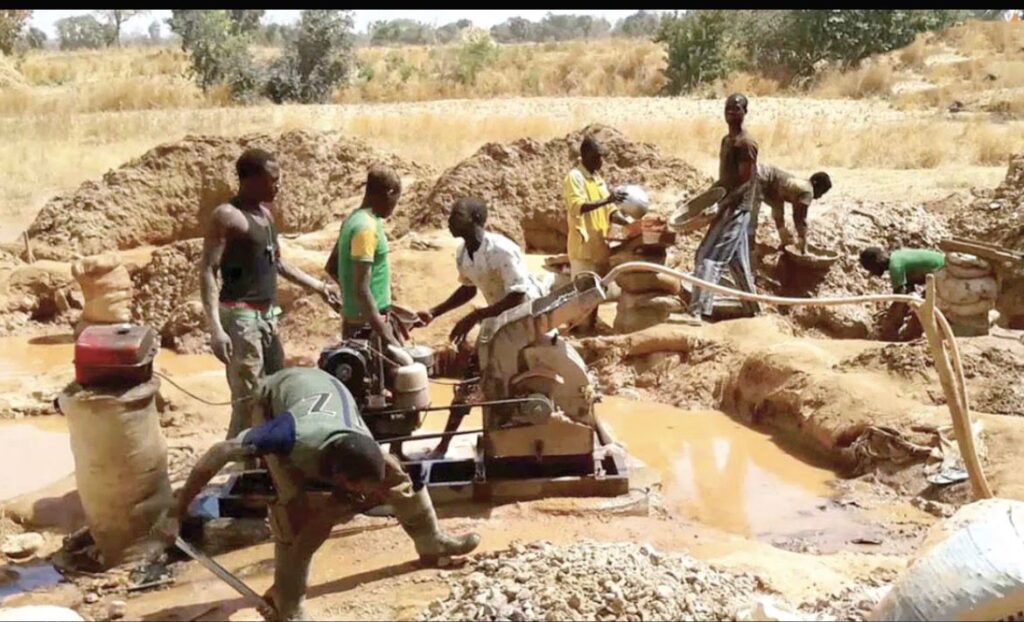India to Spend $500 Million on First-Ever Digital Census, Including Nationwide Caste Survey

India is preparing to launch one of the most ambitious national data-gathering efforts in its history: a $500 million digital census aimed at counting and categorizing every individual across its 1.4 billion–strong population.
This massive exercise will not only be the country’s first digital census but will also, for the first time in over seven decades, include a detailed caste count that goes beyond traditional classifications.
The long-delayed 2021 census, originally postponed due to the COVID-19 pandemic and various administrative hurdles, is now set to begin with groundwork scheduled for October 2026 and full population enumeration targeted for completion by March 1, 2027.
The Indian government has allocated ₹4,000 crore (approximately $500 million USD) for this initiative, which marks a historic shift from pen-and-paper surveys to mobile-app-driven data collection.
Around 2.7 million enumerators will be deployed across the country using digital devices to record household and demographic information in real time.
Officials from the Ministry of Home Affairs say the move to digitization will reduce manual errors, streamline data analysis, and speed up the release of official results, which historically have taken years to process.
“This is the most complex exercise in peacetime governance. Digitization is critical if we are to keep pace with the scale and diversity of India’s population,” a senior official stated.
Perhaps the most politically significant element of this census is the return of detailed caste enumeration—something India has not done since the 1951 census.
While data on Scheduled Castes (SC) and Scheduled Tribes (ST) has always been collected, this upcoming exercise will include information on Other Backward Classes (OBCs), a move that could reshape the socio-political landscape.
Pressure has been building on the central government to conduct a caste census, especially following state-level initiatives such as Bihar’s caste survey in 2023.
Critics of the current reservation system argue that it is outdated and cannot be reformed without reliable caste data.
The inclusion of this information may have major implications for social welfare programs, education and job quotas, and electoral strategies, particularly as political parties begin eyeing the 2029 general elections.
India, now the world’s most populous country, last conducted a full census in 2011.
Since then, significant demographic shifts—including increased urbanization, changes in fertility rates, and large-scale internal migration—have gone unmeasured at the national level.
Without updated data, policymakers have had to rely on projections and sample-based studies to guide public spending and infrastructure planning.
The new census will directly affect everything from redrawing political constituencies to allocating funds for schools, hospitals, and transport.
Moreover, the digital format offers India a chance to leapfrog traditional bottlenecks and align with global best practices in governance and public administration.
Despite the optimism, experts caution that the road to a successful digital census is filled with challenges.
Infrastructure gaps, digital illiteracy in remote areas, and data privacy concerns must be addressed in the lead-up to 2026.
Additionally, the inclusion of caste data is expected to stir political debate. While some see it as a necessary tool for social justice, others fear it may deepen divisions or be weaponized for political gain.
Timeline
• October 2026: House-listing and housing census begins in selected regions.
• March 1, 2027: Full nationwide enumeration expected to conclude.
• Late 2027–2028: Provisional results may be published; caste data likely to follow.
India’s $500 million census effort is more than a headcount—it is a technological, social, and political pivot point.
As the country redefines its national identity through data, the world will be watching to see how the results shape its future.









